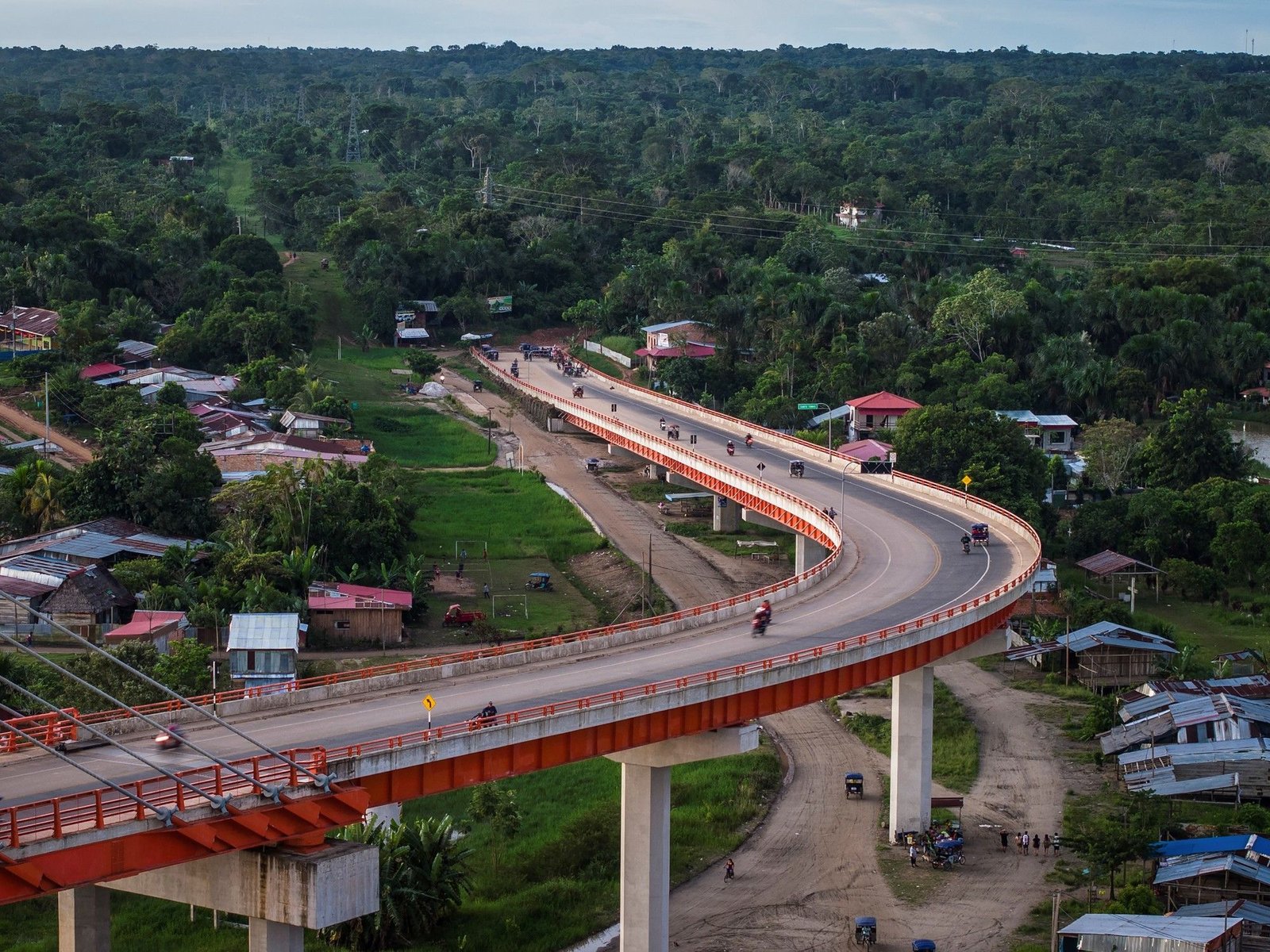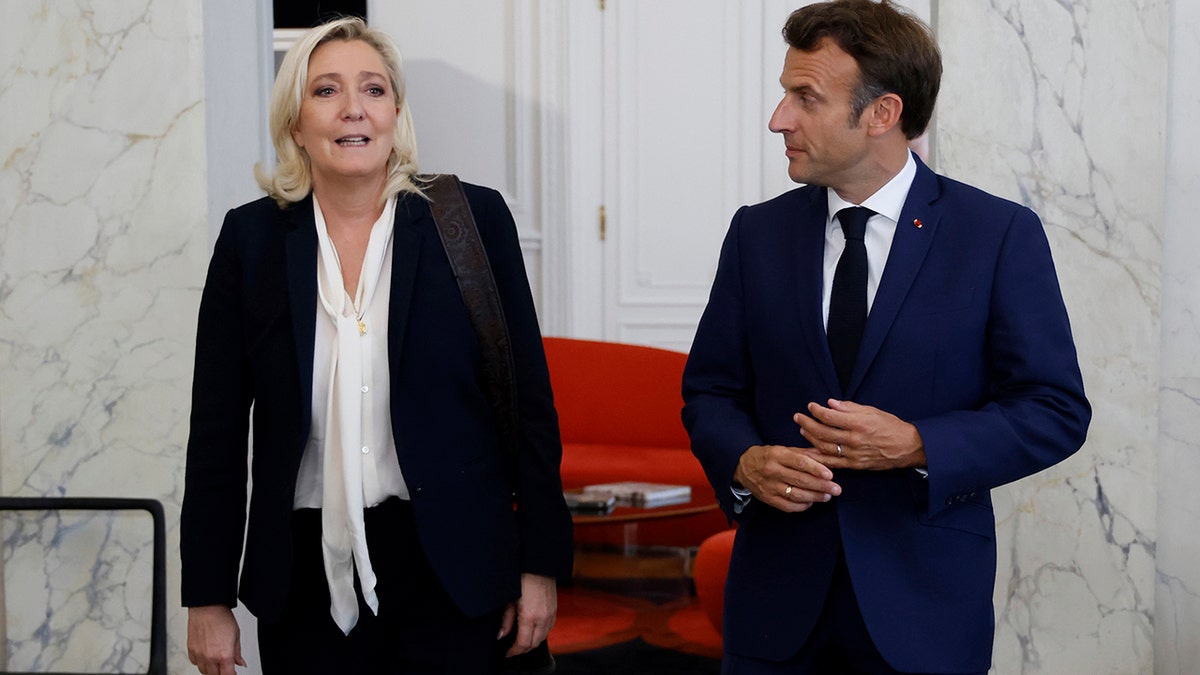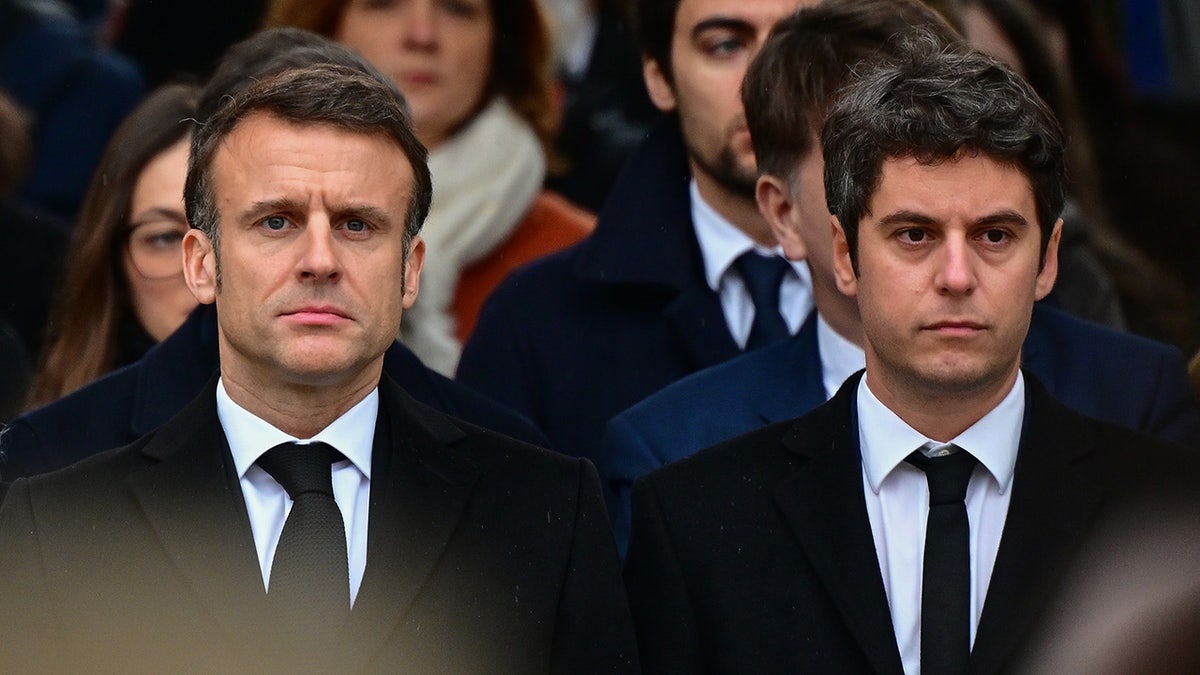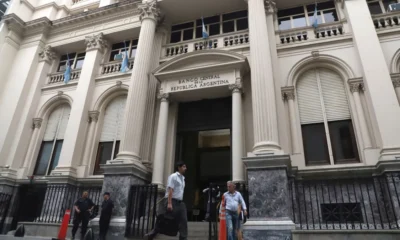INTERNACIONAL
El puente más largo y costoso construido en Perú todavía no lleva a ninguna parte

Es el puente más largo que se ha construido en Perú, una enorme estructura de cemento y hierro que pasa sobre el río Nanay y llega hasta zonas vírgenes en la Amazonia peruana.
Pero hasta ahora, no va a ninguna parte.
El puente forma parte de un proyecto carretero federal que unirá Iquitos, en el noreste de Perú, con el distrito de El Estrecho, en la frontera con Colombia, en un total de aproximadamente 188 kilómetros (117 millas). Se enfrenta a la creciente oposición de las tribus indígenas, que temen que la construcción conduzca al acaparamiento de tierras, la deforestación y el narcotráfico, que han plagado proyectos similares en la mayor selva tropical del mundo.
“La carretera nos va a matar”, dijo Everest Ochoa, miembro del grupo indígena Maijuna que vive en la Amazonía peruana, a The Associated Press. “Tenemos que parar este proyecto para el bien de nuestros hijos, para proteger esta tierra para el futuro de ellos”.
Las obras están paralizadas mientras el gobierno realiza un estudio de la zona, pero el Ministerio de Transportes ya ha construido el puente más grande del país, que se extiende 2,3 kilómetros sobre el río Nanay, afluente del río Amazonas.
Temor y críticas de las comunidades indígenas
Los líderes indígenas afirman que no se ha consultado a las comunidades situadas a lo largo del trazado de la carretera.
“El gobierno nunca nos consultó nada sobre la carretera, no tuvimos una consulta previa en nuestra comunidad y queremos que nuestros derechos sean respetados”, sostuvo Artur Francis Cruz Ochoa, líder de la comunidad nativa Centro Arenal.
La comunidad de Centro Arenal, que está junto al puente, ya ha empezado a verse afectada, comentó.
“Ya tenemos a la droga metida en nuestra comunidad, hay jóvenes que comenzaron a consumir drogas. Con la construcción de la carretera esta situación será mucho peor”, señaló.
En la aldea de Sucusari, también cerca del futuro trazado de la carretera, la gente repite los mismos temores. Es una comunidad de casas con techo de paja, donde sus 180 habitantes viven un estilo de vida tradicional, pescando, cazando y cultivando frutas para los mercados locales, sobre todo aguaje, un manjar amazónico.
“Perderemos nuestras tierras, animales, peces, el agua se contaminará y también nuestros árboles. Si perdemos nuestra selva, nos quedaremos sin agua. Y no hay vida sin agua”, señaló Sebastián Ríos Ochoa. “Con la carretera perderemos toda la abundancia que tenemos en nuestro territorio”.
El objetivo del gobierno
En un mensaje escrito a la AP, el Ministerio de Transporte señaló que el objetivo del proyecto es conectar a la población a lo largo de la ruta y promover las economías locales, fortalecer el comercio y ayudar a llevar seguridad a las zonas fronterizas.
El Ministerio destacó que la construcción del puente se considera un proyecto de infraestructura para servicios públicos y, como tal, no está obligado a someterse a consulta previa con las tribus indígenas, de acuerdo con las leyes peruanas.
El puente Iquitos-El Estrecho es la mayor y más cara construcción de una carretera en la Amazonía peruana, según un reciente informe de la Sociedad Peruana de Derecho Ambiental, una organización sin fines de lucro. Según el informe, ya ha habido acaparamiento de tierras y deforestación en tierras indígenas.
Según el informe, la carretera atravesará dos áreas protegidas, Maijuna Kichwa y Ampiyacu Apayacu, que abarcan unos 8.000 kilómetros cuadrados (3.000 millas cuadradas) de bosque antiguo.
Zoila Ochoa Garay, de 58 años, llora desconsoladamente cuando habla de su comunidad de Centro Arenal, donde inicia el primer tramo de la autopista.
esde que comenzó el proyecto de la carretera, mucha gente está invadiendo la tierra comunitaria que nos pertenece”, dijo. “Acá no tenemos justicia”.
INTERNACIONAL
French election preview: Polls show right-wing party leads runoff as opponents urge tactical voting

France is set to elect the right-wing National Rally (RN) as the largest party in government, yet no party may emerge with a clear majority in this tightly contested election as the second round of voting kicks off this weekend.
The first round, which occurred June 30, resulted in just 76 of the 577 constituencies in the French National Assembly determining their representative. Any candidate who did not receive an outright majority in the first round of voting heads on to the second-round runoff, which is set for July 7.
Those few contests that concluded in the first round revealed a lot about voter sentiment and indicated trouble for the current government after RN took one-third of the vote, the most by any party.
The current government is an «ensemble,» a coalition of parties, including French President Emmanuel Macron’s Renaissance (RE), Democratic Movement, Horizons, En Commun and the Progressive federation. Despite the assembly election results, Macron will retain his mandate as president until the 2027 election.
FRANCE’S RIGHT-WING NATIONAL RALLY LOOKS TO SEIZE ON RECENT ELECTORAL GAINS
Macron called the snap election after RN scored enormous success in the European Parliamentary elections in June. Polling before the first round of voting indicated RN would continue to dominate, but more recent polling ahead of the runoff indicates those returns have diminished and RN will fall short of a clear majority.
Wednesday’s poll indicates RN will end up taking between 190 and 220 seats, but it would need 289 seats to control the assembly, according to Reuters. Additionally, its closest ally, the Republicans, are projected to win – at most – around 50 seats, ruling out some kind of right-wing coalition to take control of the assembly.
Supporters of French far-right leader Marine Le Pen react after the release of projections based on the actual vote count in select constituencies June 30, 2024, in Hénin-Beaumont, northern France. (AP/Thibault Camus)
The next largest share would go to the New Popular Front alliance, which could net between 159 and 183 seats, leaving Macron’s ensemble third with around 110 to 135 seats. Macron has already ruled out making a new alliance with the left-wing party France Unbowed (LFI), according to French daily Le Figaro.
Many candidates from Macron’s alliance who reached the runoff have already stood down in an effort to focus voters and support behind the strongest non-RN candidate in any given constituency. Former French Prime Minister Edouard Phillippe told French network TF1 TV he would vote for a Communist candidate to stop RN from winning the seat.
FRANCE’S GOVERNMENT SPOKESPERSON IS ATTACKED ON CAMPAIGN TRAIL, DAYS BEFORE DECISIVE ELECTION
Macron insisted, however, that «withdrawing today for left-wing elected officials in the face of National Rally does not mean governing tomorrow with LFI.»
French Prime Minister Gabriel Attal last month blasted LFI as equally extreme and just as dangerous to French society as RN, writing on social media platform X that «Insoumise France fuels the National Rally and the National Rally fuels Insoumise France.

French President Emmanuel Macron, right, meets French far-right National Rally leader Marine Le Pen at Élysée Palace June 21, 2022, in Paris. (Ludovic Marin/Pool/AP)
«They fuel hatred, fears and divisions between the French,» Attal added. «On June 30 and July 7, against the extremes and for the Republic, vote!»
Opposition to RN stems from its roots as National Front, headed up by Marine Le Pen’s father Jean-Marie Le Pen, who was repeatedly convicted for racist and antisemitic remarks, including elements of Holocaust denial, such as when he referred to Nazi gas chambers as a «detail» of history.
RIVALS MOVE TO BLOCK FRANCE’S RIGHT-WING NATIONAL PARTY’S ELECTION MOMENTUM
But Marine Le Pen has found support among some of France’s Jewish voters as antisemitism continues to grow in Europe.
Her anti-Islam views and comments, however, have raised concerns among other voters, as well. In 2017, she suggested France expel any foreigners convicted of a crime or suspected of being radicalized and said convicted extremists with dual nationality should be stripped of their French passports, Radio France Internationale reported.
«The measures that I want to put in place would mean that many of these people (Islamist attackers) would not have been on our territory or living freely,» she said in an interview with BFM TV.

French President Emmanuel Macron and French Prime Minister Gabriel Attal during the national tribute ceremony for former French Justice Minister Robert Badinter at Place Vendome Feb. 14, 2024, in Paris. (Christian Liewig/Corbis/Getty Images)
In the event the votes should fall as the polls predict, the most likely outcome for France will be a hung parliament with some kind of begrudging alliance created to get a leader in place. The Conservative Party in Britain regained power from Labour in 2010 through a hung parliament alliance with the Liberal-Democrats, ultimately establishing an outright majority in the following election.
But, at that time, the Conservatives had 306 of 650 seats, making it far easier to broker such a deal. For France, RN would need support from two other parties or would need to form some kind of alliance with a direct rival.
The government has urged voters to do what they can to continue diminishing RN’s chances of achieving control of the assembly, with Attal arguing voters had a «responsibility» to block RN from victory.
CLICK HERE TO GET THE FOX NEWS APP
«On Sunday evening, what’s at stake in the second round is to do everything so the extreme right does not have an absolute majority,» Attal said during an appearance on France Inter radio as reported by Voice of America.
«It is not nice for some French to have to block … by using a vote that they did not want to,» he added, clarifying that he «did not speak about a coalition. I do not want to impose on the French a coalition they did not choose.»
-
POLITICA2 días ago
Tras romper con Macri, Patricia Bullrich negó su salida del PRO: “Ni loca me voy, nos quedamos”
-
POLITICA2 días ago
Guillermo Francos dijo que Sergio Massa “trabaja para generar inestabilidad en el Gobierno”
-
POLITICA3 días ago
El Gobierno acusó a “operadores” por la suba del dólar blue y volvió a defender el plan económico
-
ECONOMIA2 días ago
La inflación de junio rondaría el 5,2% según los analistas consultados por el Banco Central
-
POLITICA20 horas ago
El Gobierno busca bajar la tensión con el PRO y dice que cumplirá el fallo por la coparticipación a la Ciudad que reclamó Macri
-
SOCIEDAD2 días ago
Caso Loan: Camila declaró por más de cinco horas y al salir pidió que encuentren al nene






























